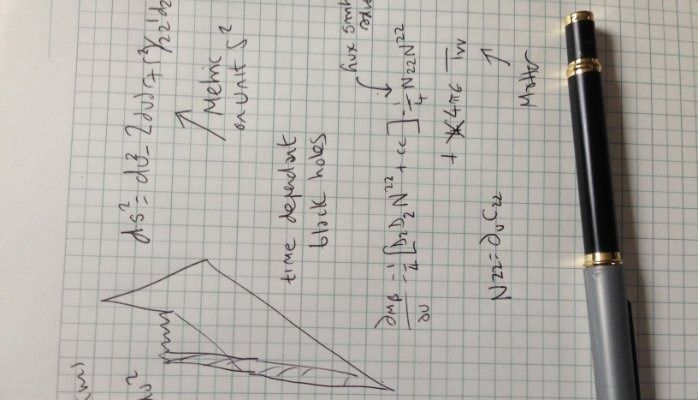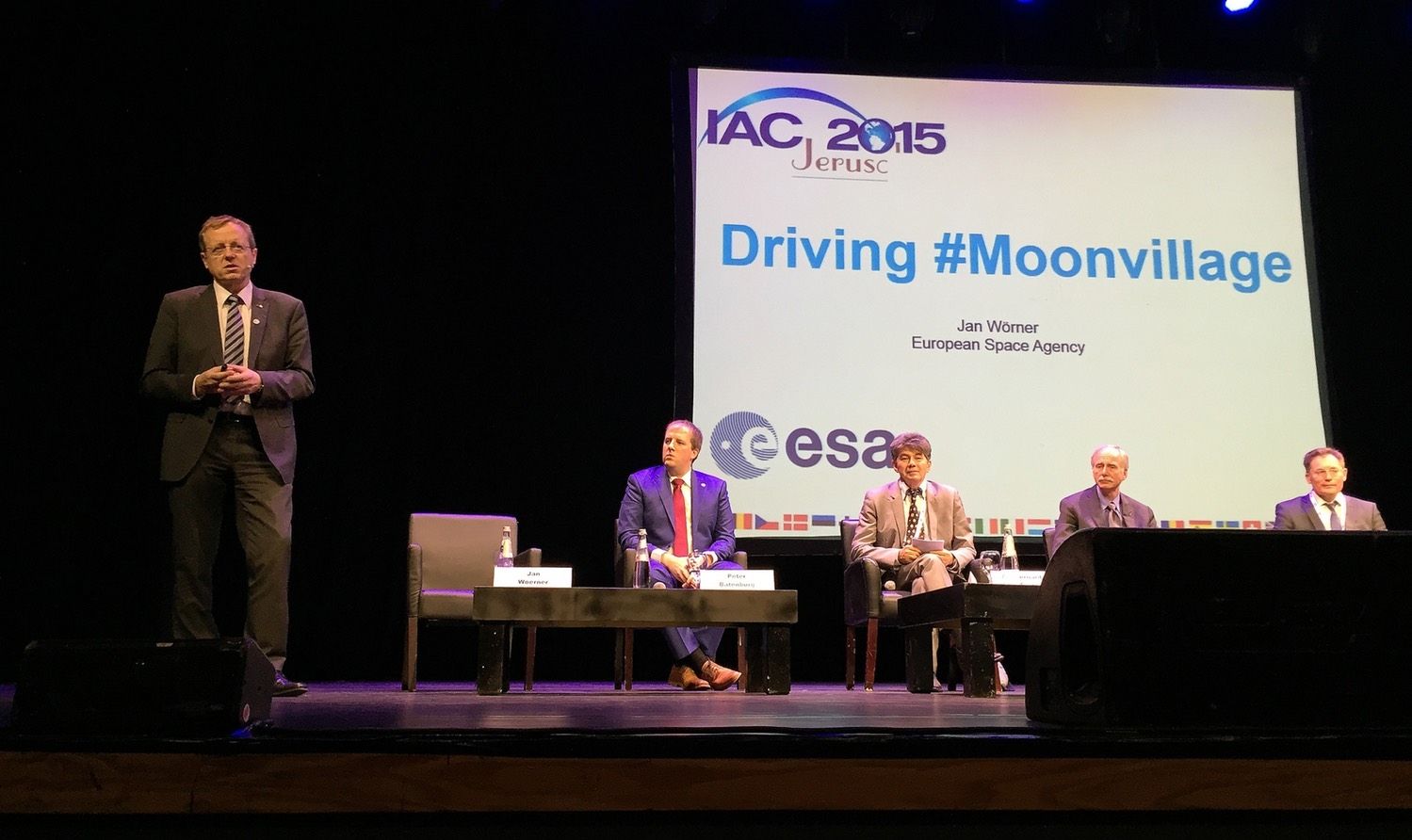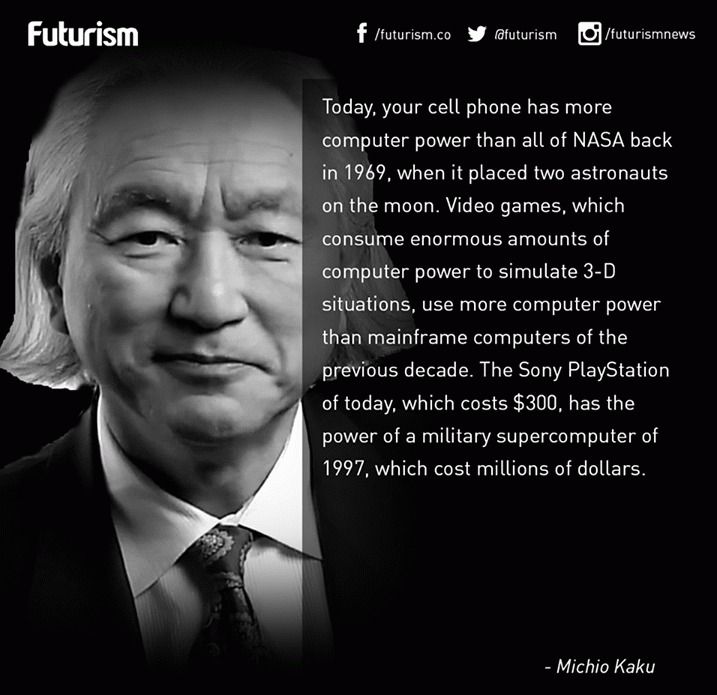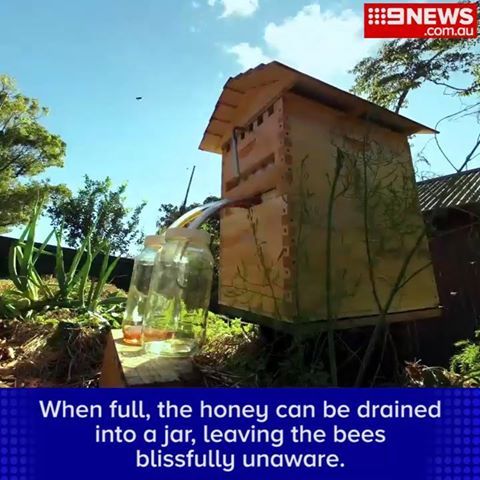In an article published on her blog Sabine Hossenfelder suggests, not altogether tongue in cheek, that the results of a recent experiment by Jeff Steinhauer about Hawking radiation (full title of the paper “Observation of Thermal Hawking Radiation and its entanglement in an analogue black hole”) might earn a ‘return visit’ to Stockholm for Hawking in order to collect a Nobel Prize. I don’t think that Steinhauer’s work, impressive as it might seem, and as well presented as it is, will lead to any return visit to Stockholm for Stephen Hawking (or at least not anytime soon…), but I do think that a much more significant development is gathering pace that will have a far reaching effect on our understanding of the universe and provide a resolution to a long standing problem in theoretical physics thats just as important if not more important than winning a Nobel Prize.
I refer to Hawking’s brief comments made on August 25th at the Swedish Royal Institute for Technology at a conference on Hawking Radiation sponsored by the Nordic Institute for Theoretical Physic s (NORDITA). Hawking’s comments were made during the course of a short (8 minute) presentation that could well end up being the most significant scientific advance made in the century since Einstein’s paper on General Relativity was published in November 1915. That’s no small claim, but one that is increasingly looking as if it has some serious merit.
This short note describes in a little more detail why I believe this to be the case.









